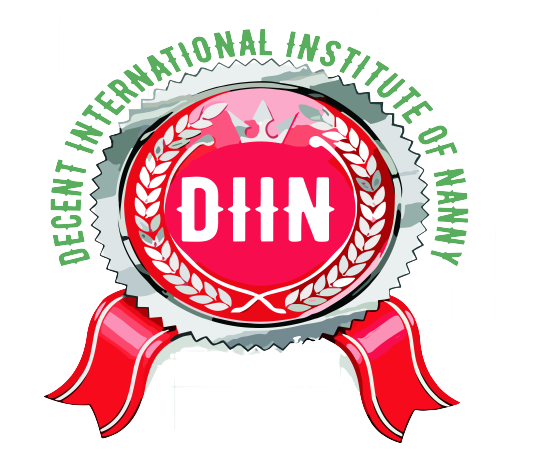-
Call Anytime +91 9888120045
-
Send Email dtes.bhogpur@gmail.com
-
Adampur Chowk Near Railway Fatak
Bhogpur District Jalandhar Pb.
ADCA (Advance Diploma in Computer Application)

ADCA (Advance Diploma in Computer Application)
The Advance Diploma in Computer Application (ADCA) is a comprehensive and advanced program designed to equip individuals with the necessary skills and knowledge to excel in the dynamic field of computer applications. This course goes beyond the basics and delves into the intricacies of modern computing, providing a robust foundation for a successful career in the ever-evolving IT industry.
The ADCA course covers a wide range of subjects, ensuring that students gain expertise in various aspects of computer applications. From programming languages and software development to database management and networking, the curriculum is carefully crafted to address the diverse needs of the IT sector. Students can expect to develop proficiency in programming languages such as Java, C++, and Python, enabling them to create efficient and innovative software solutions.
One of the key highlights of the ADCA program is its focus on practical, hands-on learning. Through projects and real-world simulations, students have the opportunity to apply theoretical knowledge to practical scenarios, enhancing their problem-solving skills and fostering creativity. This approach ensures that graduates are not only well-versed in theoretical concepts but also possess the practical skills required in professional settings.
The curriculum also includes in-depth coverage of database management, a critical component in the realm of computer applications. Students learn to design, implement, and manage databases, gaining a thorough understanding of data structures and the principles behind efficient data storage and retrieval. This knowledge is essential for anyone aspiring to work with large datasets and develop robust applications that rely on organized and accessible data.
Networking is another integral part of the ADCA course, addressing the increasing demand for professionals who can design, implement, and manage computer networks. Students learn about network architectures, protocols, and security measures, preparing them to contribute to the development and maintenance of secure and efficient communication systems.
The ADCA program recognizes the importance of staying abreast of emerging technologies. As such, it often includes modules on cutting-edge topics such as artificial intelligence, machine learning, and cloud computing. Students are exposed to the latest trends and advancements in the IT industry, ensuring they graduate with a forward-looking perspective and the ability to adapt to technological changes.
In addition to technical skills, the ADCA course places a strong emphasis on soft skills and professional development. Students engage in communication and teamwork exercises, enhancing their ability to collaborate effectively in a professional environment. Furthermore, the program often includes modules on project management and business ethics, providing a holistic education that prepares graduates not only for technical challenges but also for the ethical and managerial aspects of the IT profession.
Upon completion of the ADCA course, graduates are well-equipped to pursue diverse career paths. Whether they choose to work as software developers, database administrators, network engineers, or IT consultants, the comprehensive nature of the program ensures that they have a solid foundation to build upon. Additionally, the ADCA qualification is recognized by many employers in the IT industry, enhancing the employability of graduates and opening doors to a wide range of opportunities.
In conclusion, the Advance Diploma in Computer Application (ADCA) is a forward-looking and comprehensive program that provides students with the skills and knowledge needed to thrive in the dynamic field of computer applications. With a curriculum that balances theory and practical application, graduates emerge well-prepared for the challenges of the IT industry, armed with a versatile skill set and a deep understanding of the latest technologies.

